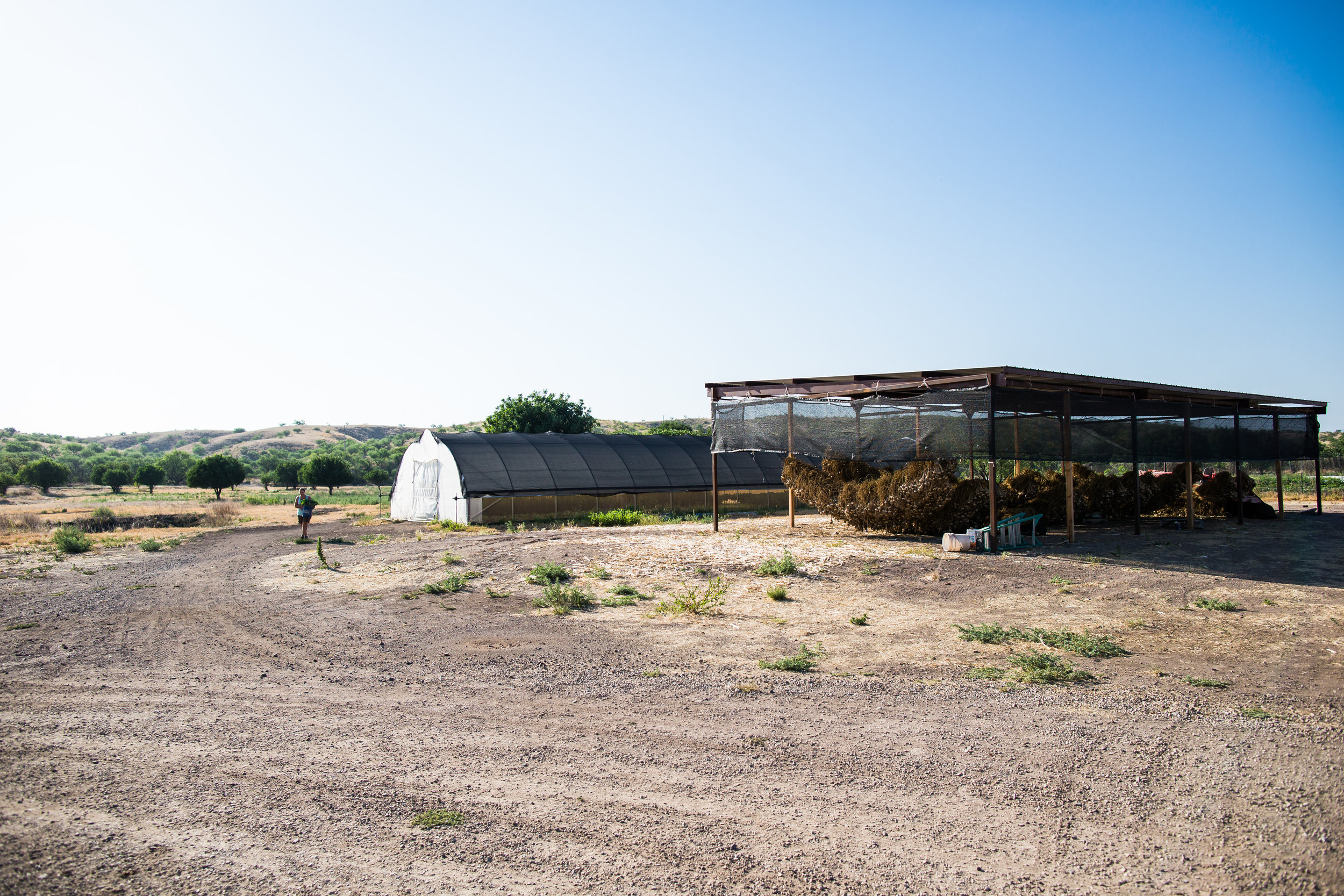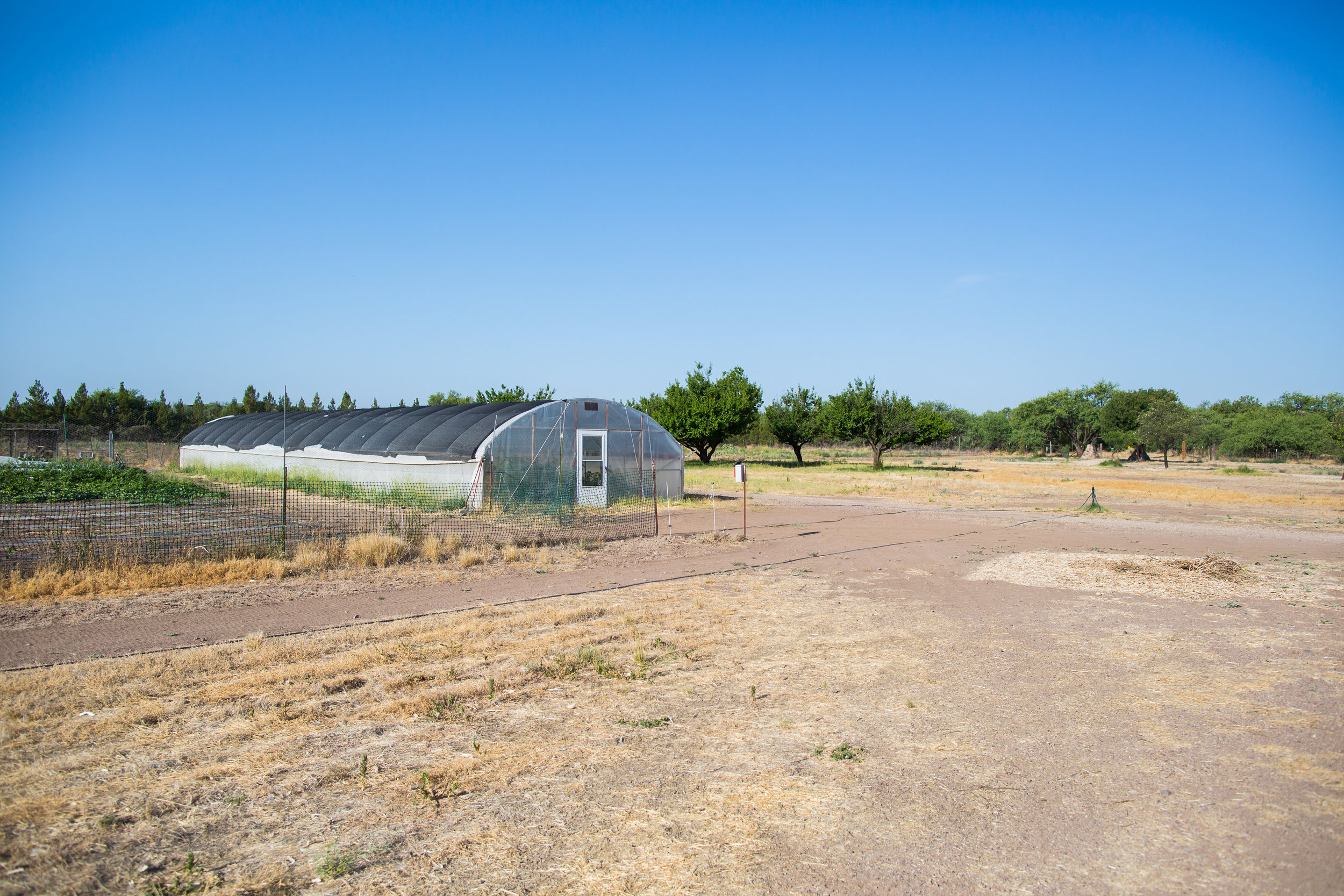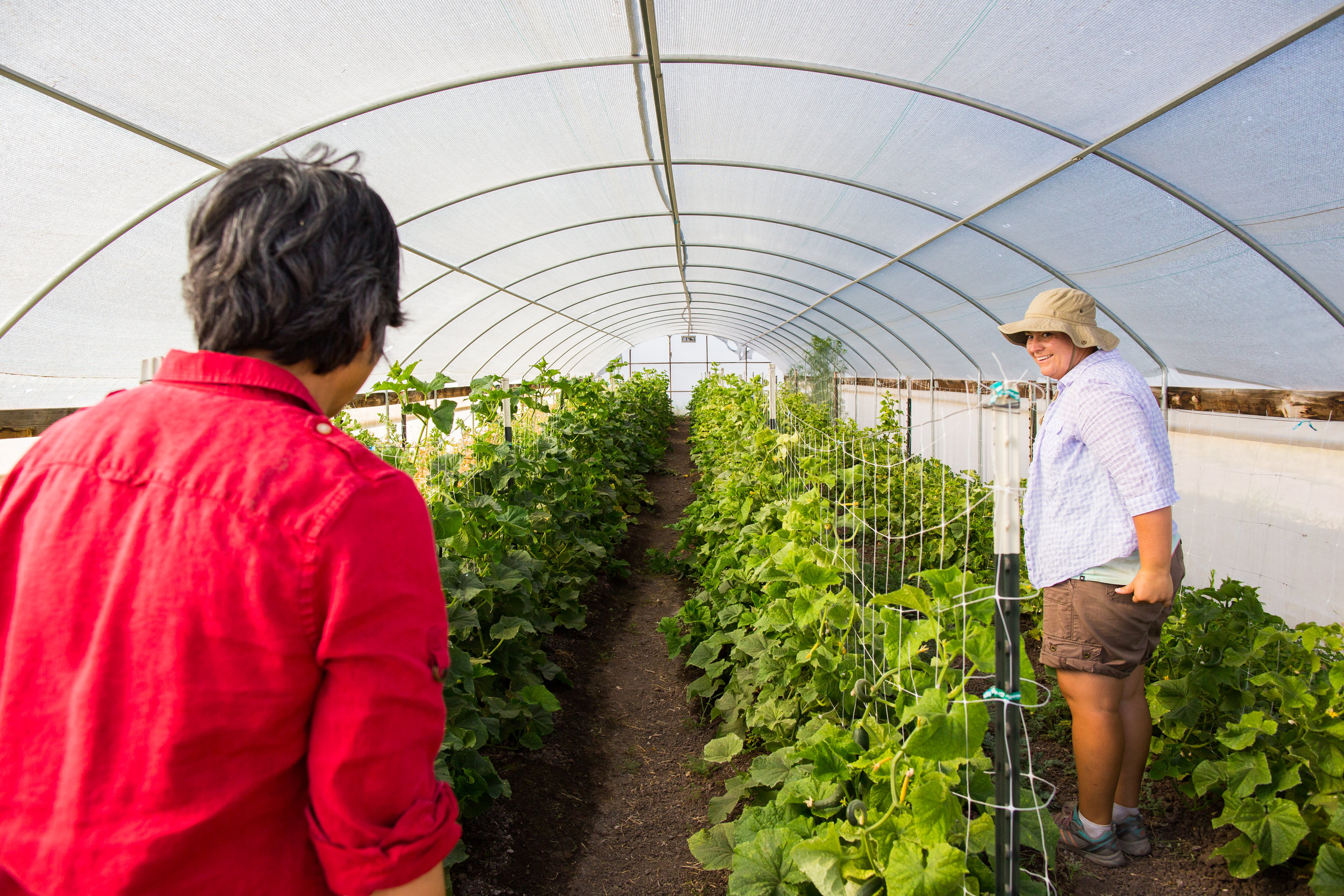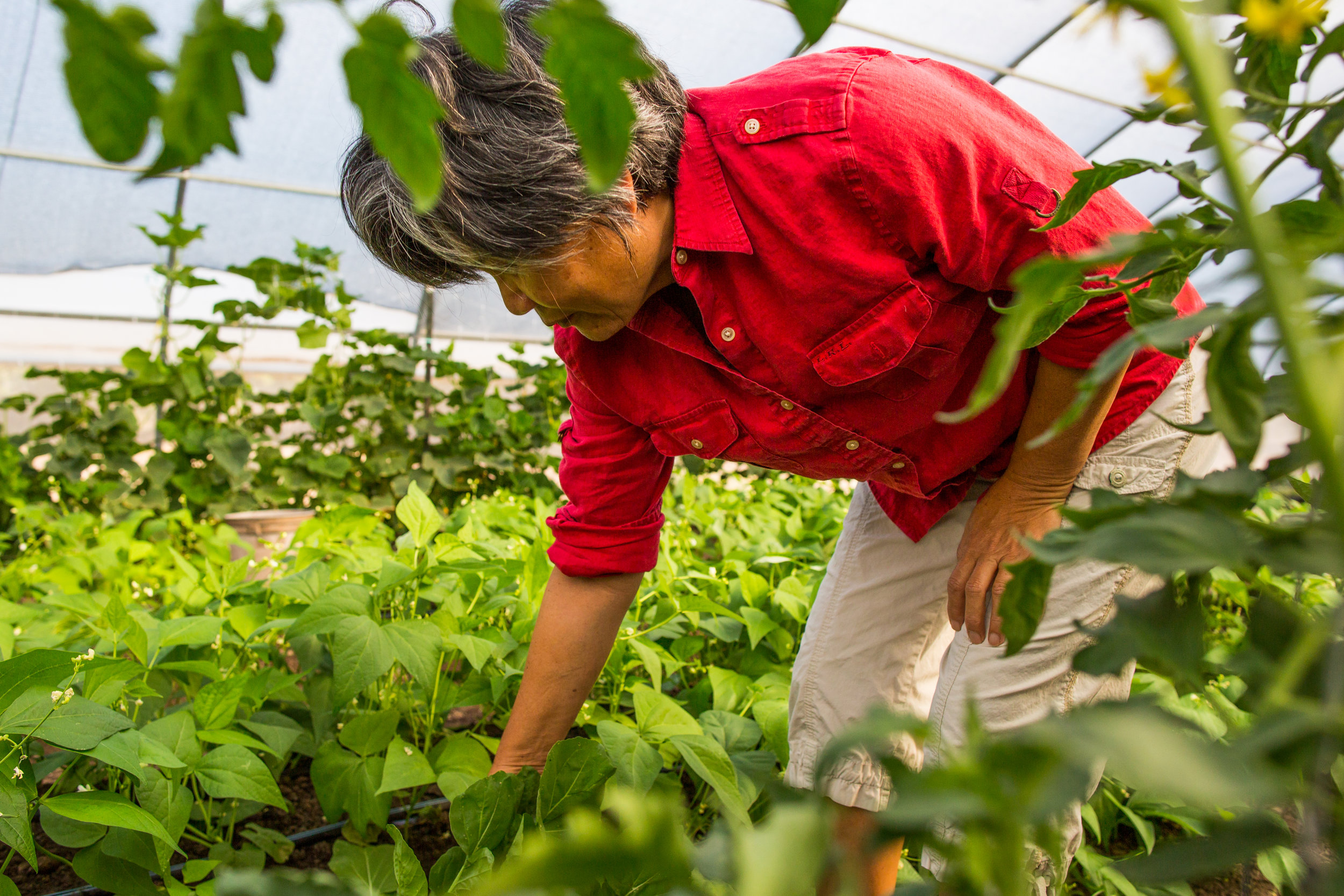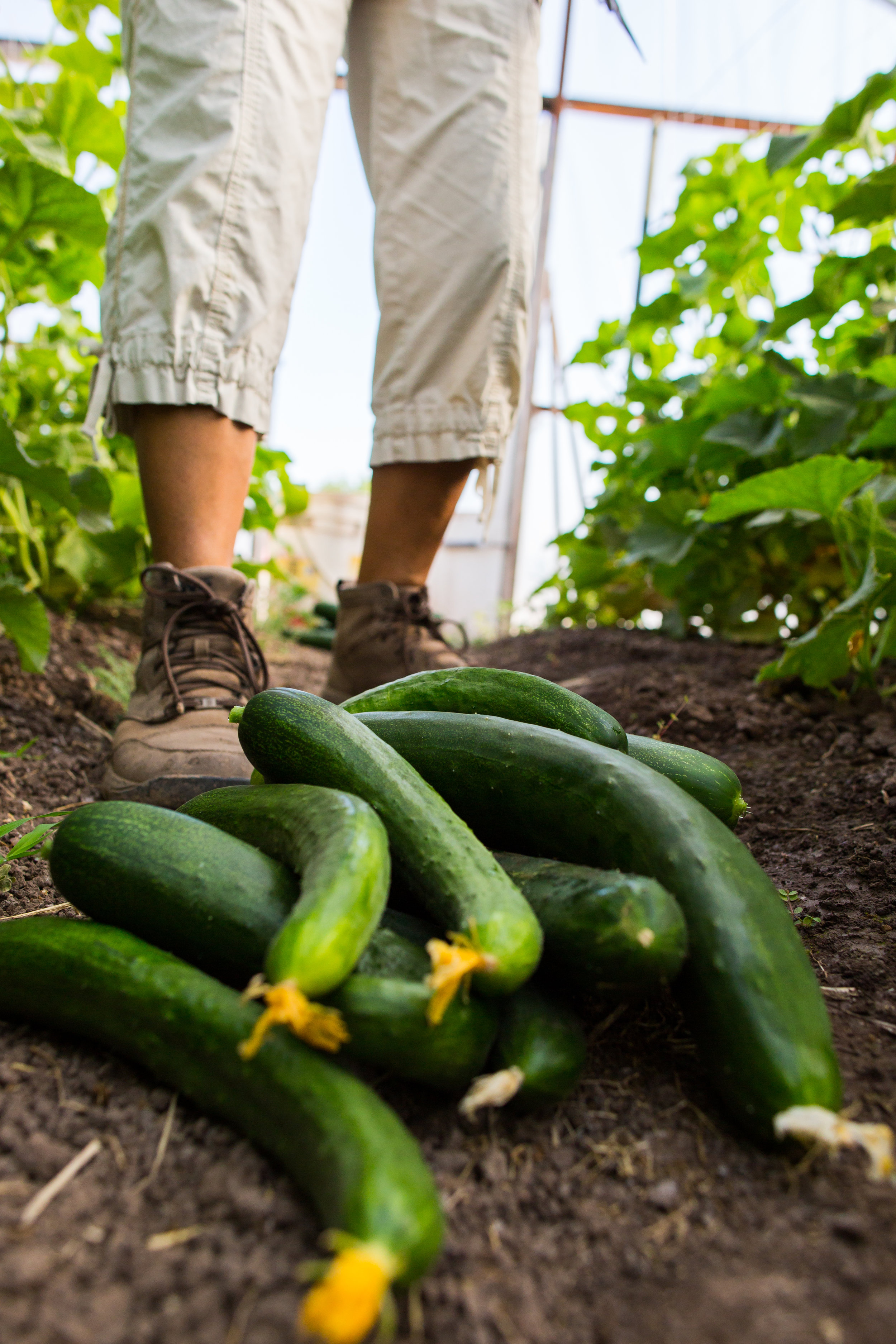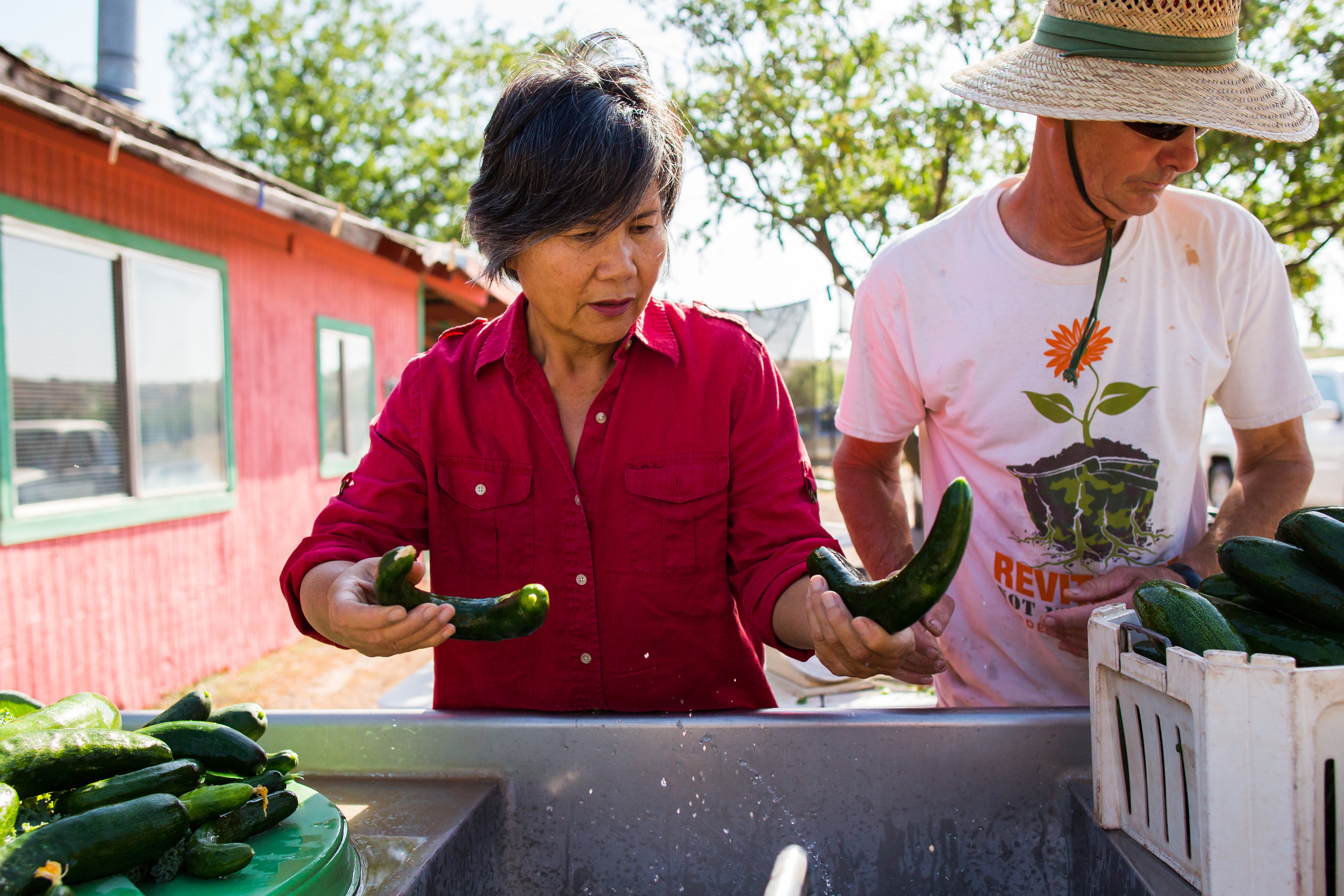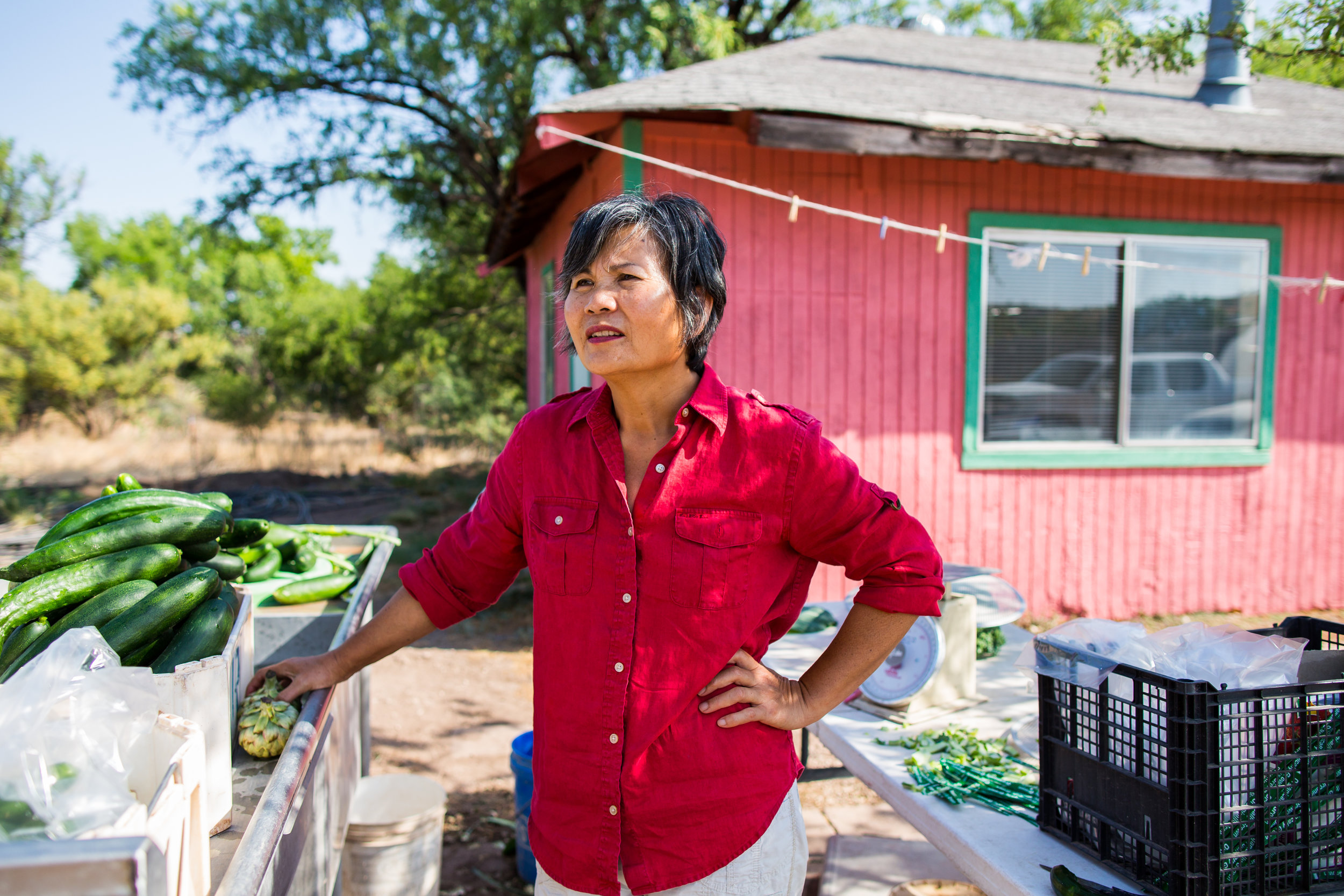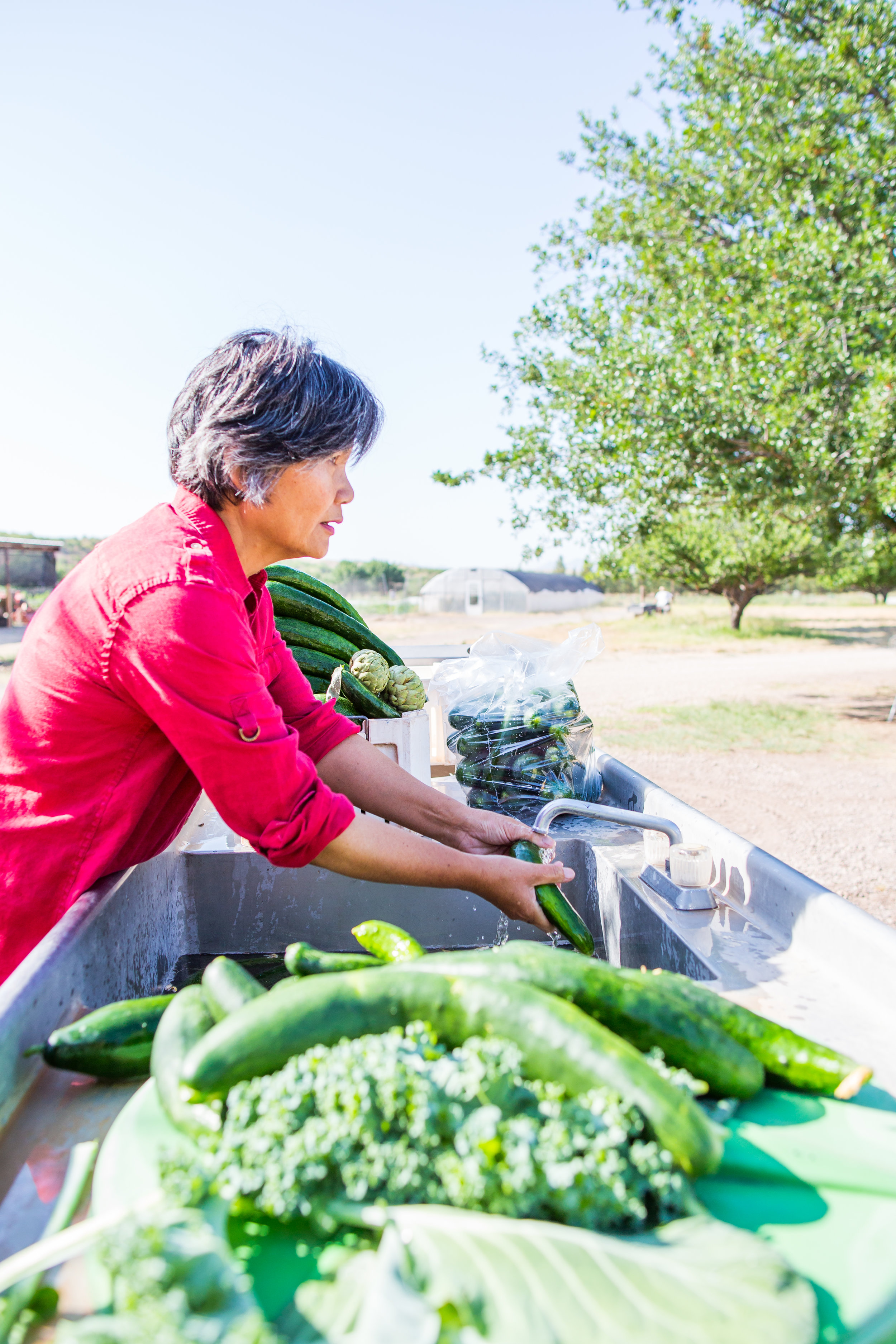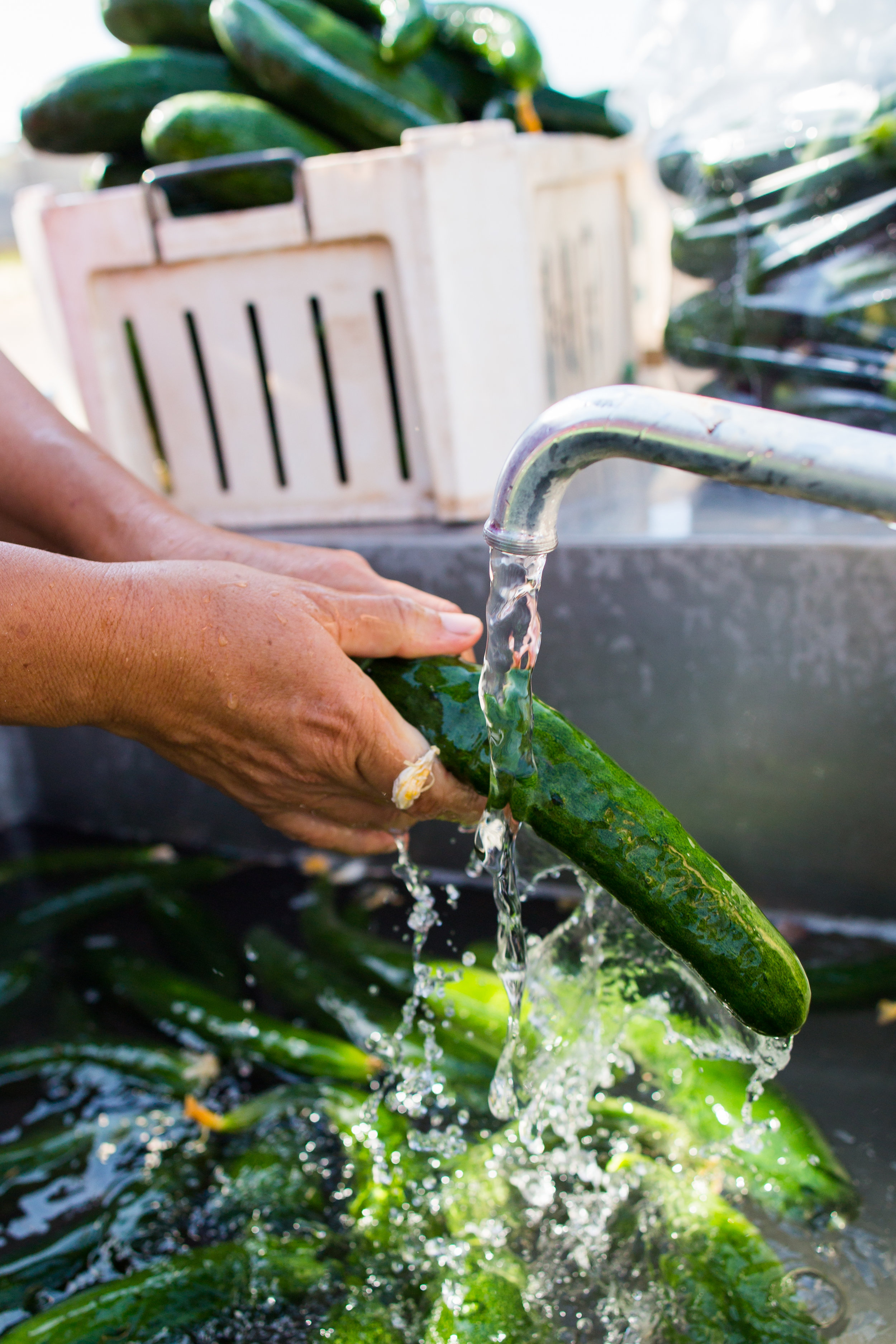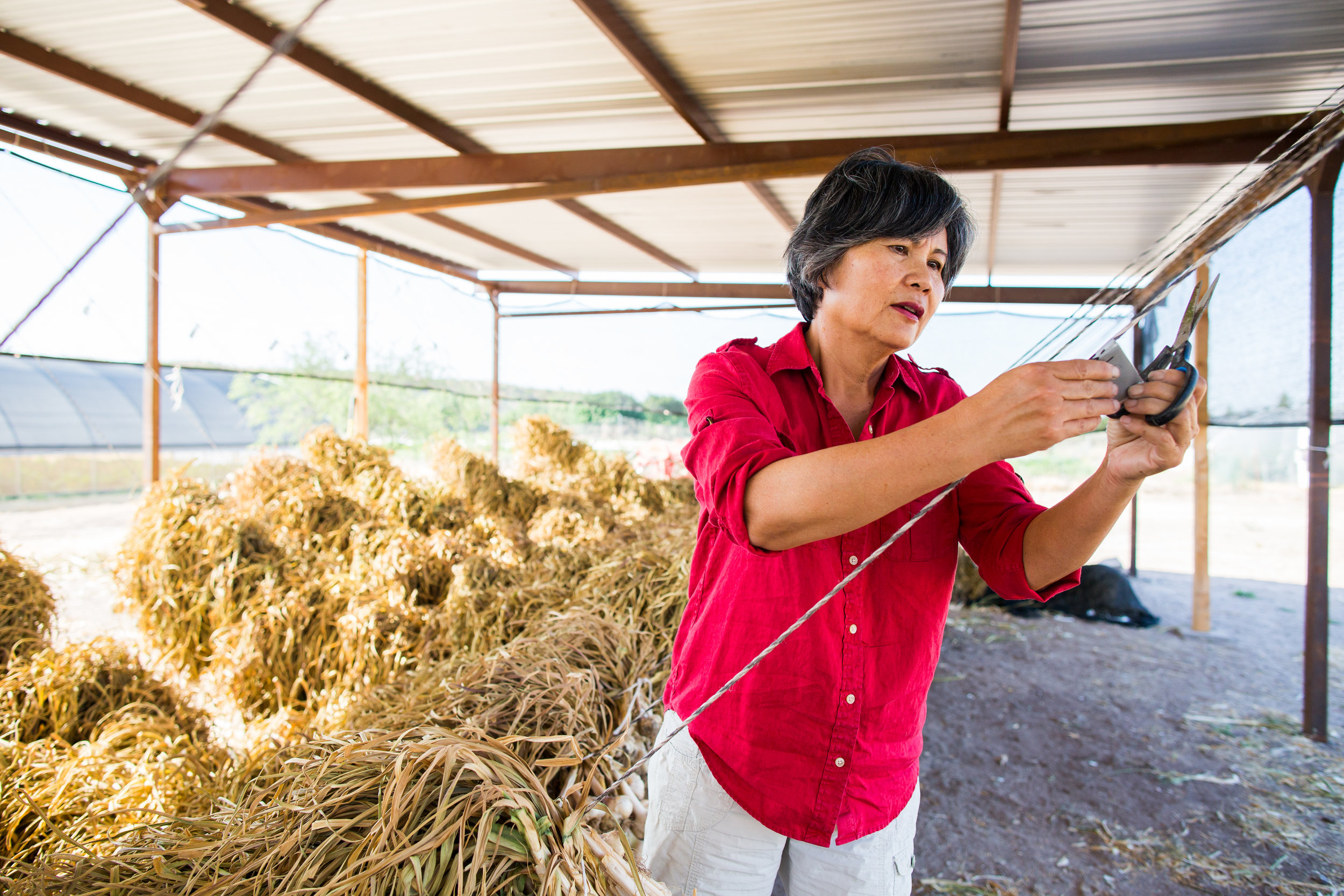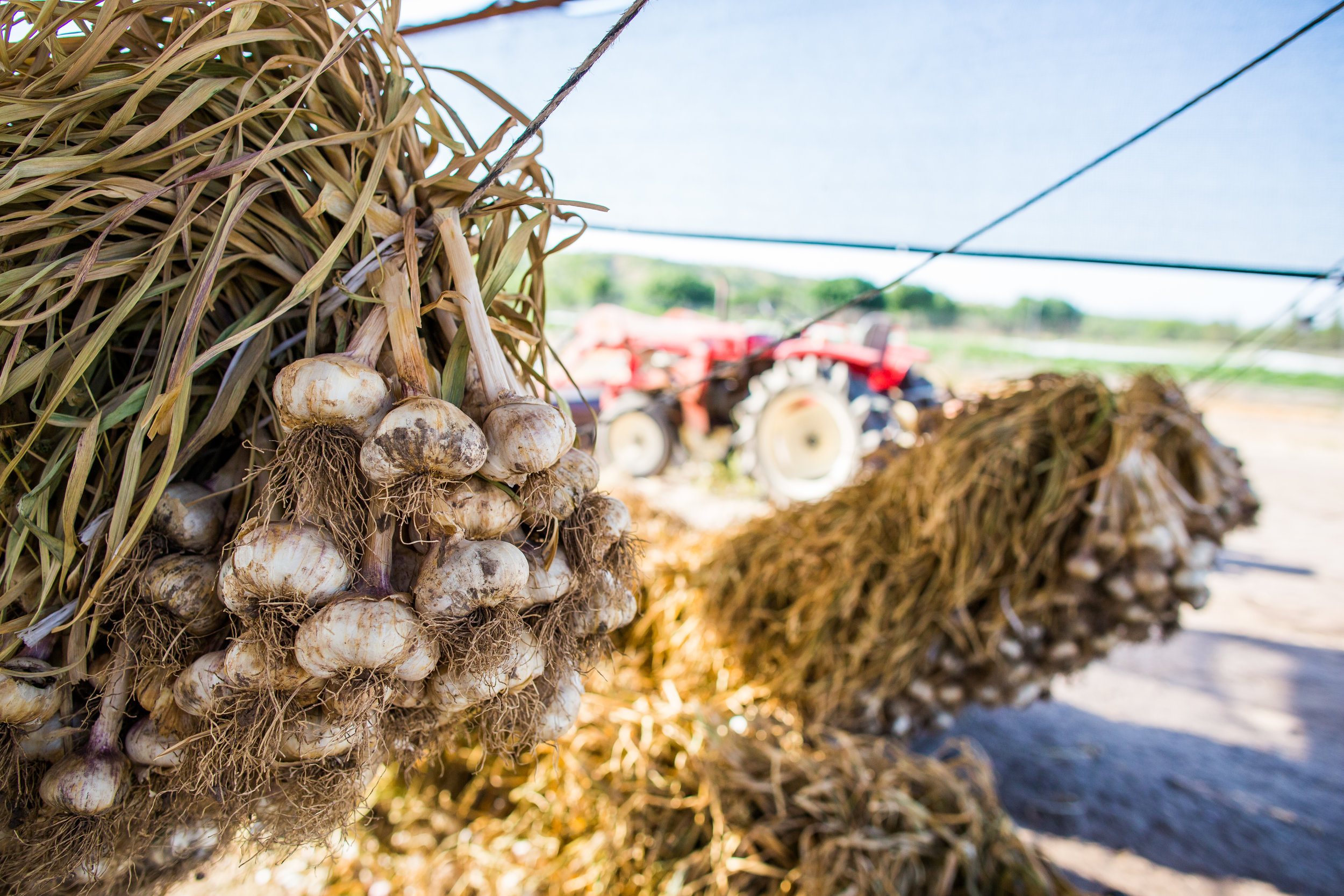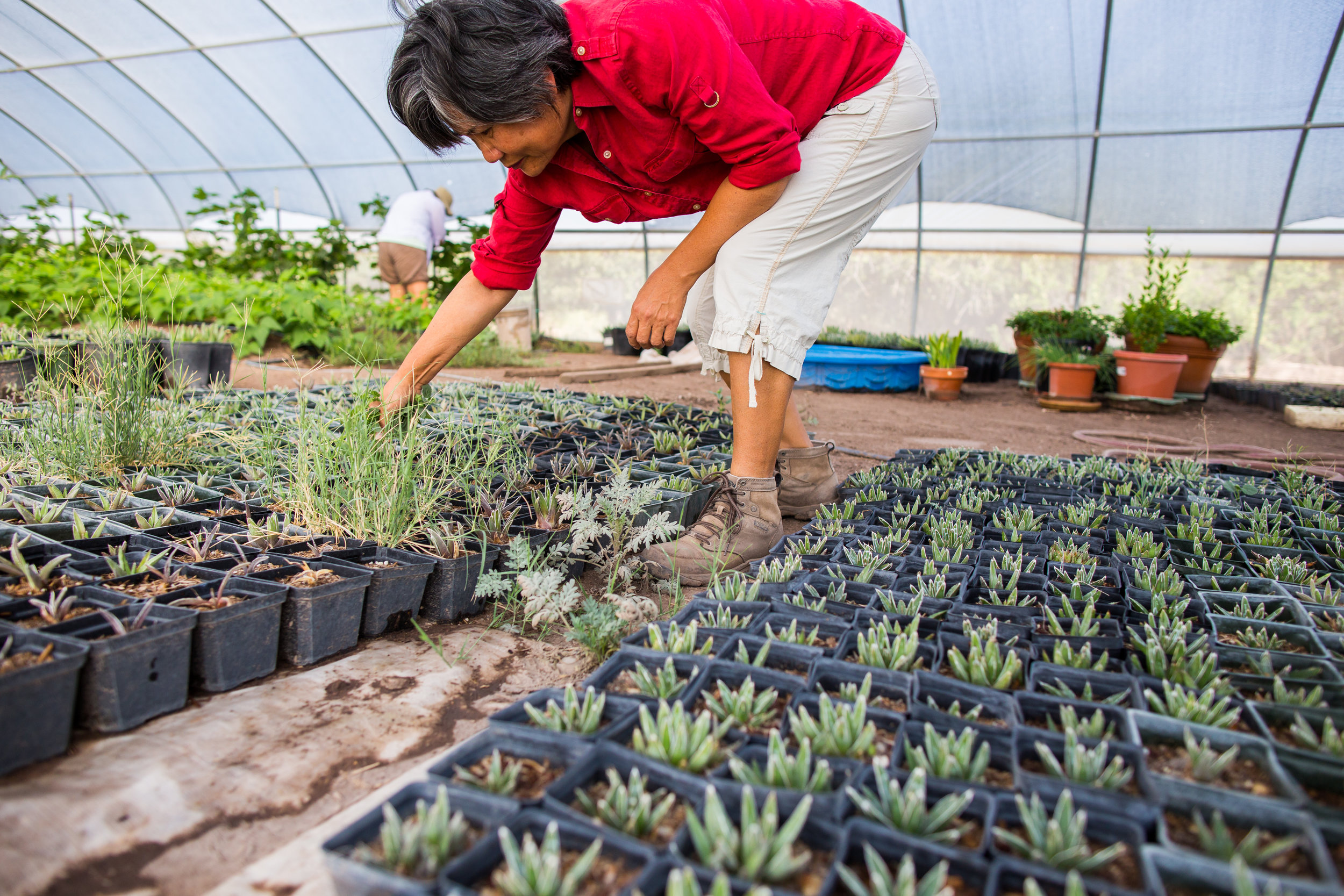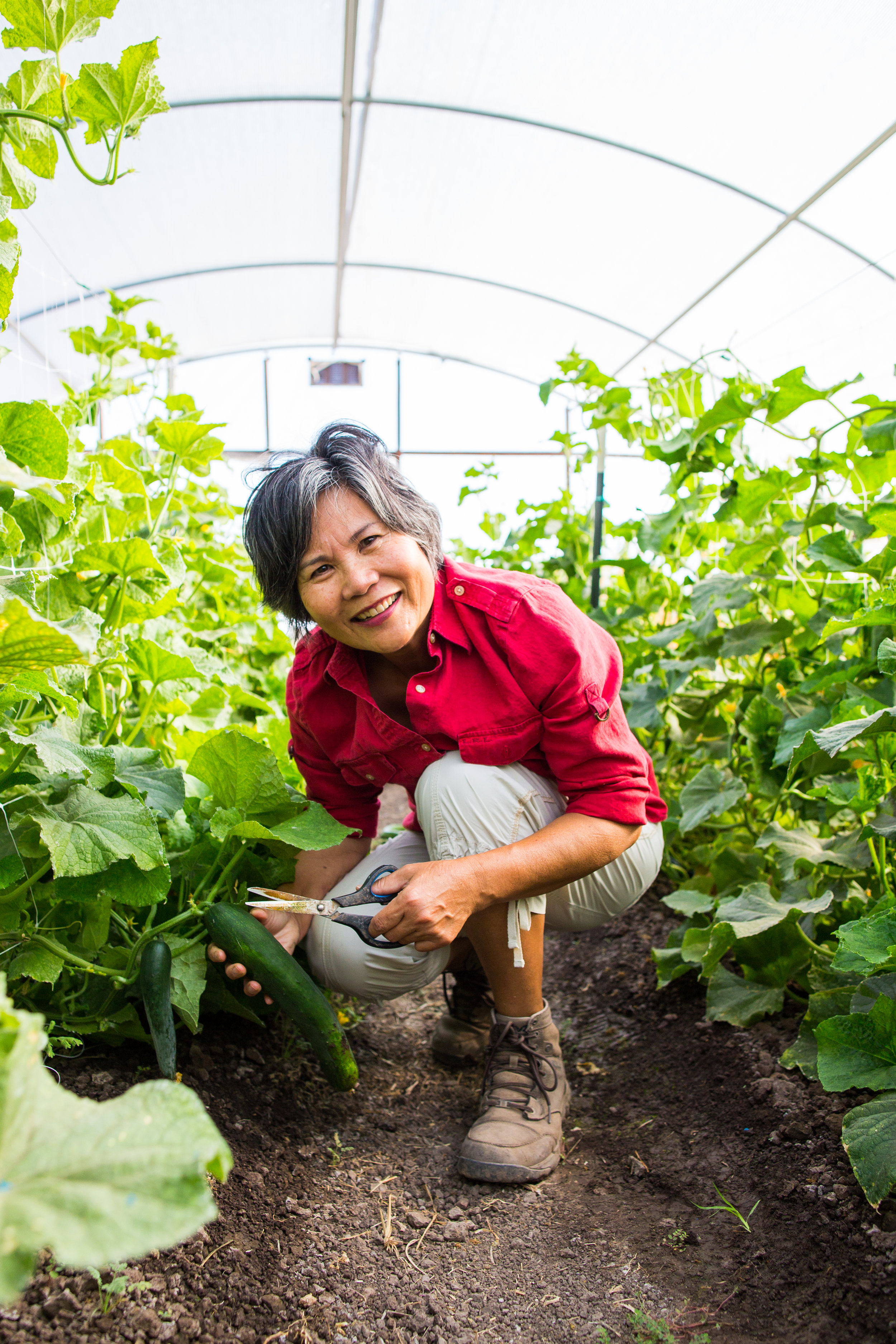in the balance: yong rueb
We originally published this as part of a longer piece in Edible Baja Arizona. This is an excerpt about Yong Rueb of Forever Yong Farm.
Farming in the Balance
Baja Arizona’s female farmers are closing the agricultural gender gap and paving the way for the future of food.
By Debbie Weingarten | Photography by Audra Mulkern
Spring has flipped into summer at Forever Yong Farm. Artichokes form tight globes and burst into flower. Yong Rueb cuts bulbs from the two tons of garlic draped in the shade. Here on 20 acres at the end of a dirt road in Amado, Yong and her husband, John, have been farming vegetables and garlic for nearly 20 years.
As a child growing up in Seoul, South Korea, Yong spent summers in her cousin’s melon and tomato patch outside of the city. Away from urban life, she encountered a quieter world. She sunk her hands into the dirt, ate tomatoes right out of the fields. It was the 1960s, a decade after the end of the Korean War. Ingredients and refrigeration were scarce. Yong learned to cook from scratch from her mother—to ferment and preserve foods, to stretch meals in order to feed their family of nine.
After earning an accounting degree in Chicago, Yong moved to Tucson with her husband and their two sons to realize John’s dream of being a full-time farmer. For the Ruebs, the farm has been the center of the universe, another member of the family. Most of the important decisions have been made in alignment with the needs of the farm. The balance is tricky. The essence of their farm, she says, has been the hard work and role of each person, including the kids. Still, the farm is a demanding family member. “There is always endless work,” says Yong, “We are always behind the 8-ball. There are always a million things to do. It can gobble you up.”
Yong and her family arrived in Tucson in October of 1996. She remembers taking in the sparseness of the landscape, the sunset colors. The cactus and trees were strange; she was used to green grass, azaleas, star-shaped maple leaves. Twenty years later, the desert is familiar, as are the curves in the road that carry Yong from her part-time accountant job in Tucson back to the farm, week after week.
The plan was always for John to farm full-time and Yong to maintain a part-time job as an accountant. “It made sense that I have a job that can bring home a steady paycheck,” Yong says, likening the farm to a surgery team—“a brilliant surgeon, who can’t do that job by himself if there’s no support staff. John is the surgeon, and I am such an integral part of it. He could not have done this without me helping. My function is as important.”



